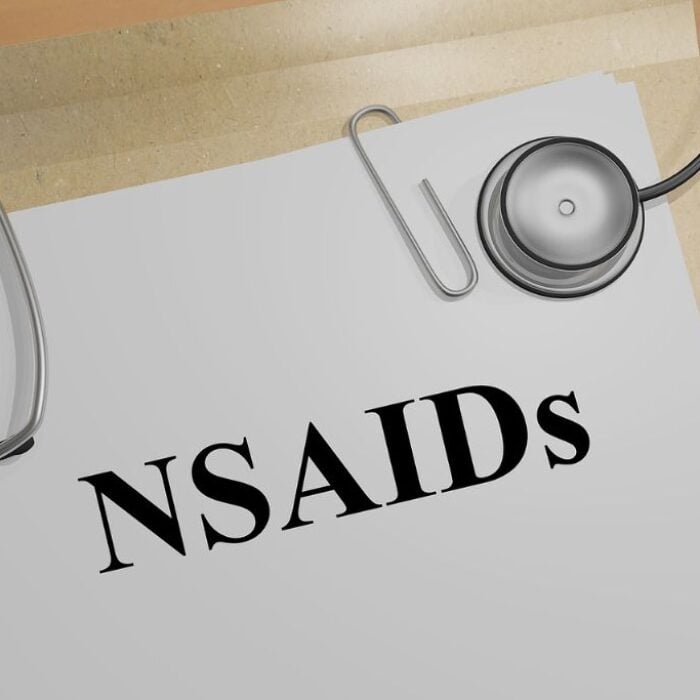Many drug treatment programs currently use Suboxone to treat opioid addiction. Suboxone detox is part of the medication-assisted treatment, also known as MAT.
Before choosing a Suboxone detox path, it is essential to understand that this medication is an opioid, categorized as a Schedule III controlled narcotic. This medication is potentially addictive, especially for those with a prior history of drug or alcohol abuse. Because of these risks, Suboxone use should not continue for life. Instead, prescriptions should be given for short-term use only- preferably less than two weeks. Although Suboxone is much safer than heroin or fentanyl, when taken without proper management or supervision by a physician, the misuse of Suboxone can lead to dangerous and potentially life-threatening health complications, including:
- Nausea and vomiting
- Intense depression
- Difficulty sleeping/ insomnia
- Hypertension
- Dizziness/ fainting
- Difficulty Grasping a breath.
- Blurred vision
- Lack of coordination
- Sweating
- Slowed heart rate
- Fatal overdose
Close medical supervision by a medical specialist is the best option and necessary for the patient’s well-being and safety.
Methadone is also a MAT drug previously referred to as MMT (Medication Maintenance Treatment). In other words, a synthetic opioid is primarily utilized to treat opioid addiction. Methadone is a substitute drug for heroin, fentanyl, or prescription opioids. Because this narcotic is long-lasting, patients can take it once daily. Methadone detox is mainly for those with severe issues with other illicit drugs.
Although Methadone is part of MAT drugs, for many people, it causes a dramatic decrease in quality of life and increased pain, a condition known as hyperalgesia. Additionally, large or sometimes even moderate dosages of Methadone can cause a drop in blood pressure, shallow breathing, coma, or even death.
Due to the long-term nature of methadone effects, MMT and MAT treatment options are often viewed as ‘trading one addiction for another.’ Furthermore, Methadone also carries a high risk of dependency and overdose when mixed with other substances, misused, or abused.
Suddenly discontinuing or reducing Methadone often leads to severe withdrawal symptoms such as:
- Abdominal pain and cramping
- Diarrhea
- Chills
- Extreme anxiety
- Nausea and vomiting
- insomnia
- Excessive sweating
- Increased heart rate
- Hypertension
- Severe depression
Getting off Methadone is notoriously tricky and possibly dangerous, especially for those with pre-existing medical conditions. Because of these and other risks, it is essential to follow up with a medical professional to guide you to the best methadone detox program to meet your health needs. Medically assisted detox under sedation has been a blessing for many addicted to opioids, especially those trying to come off Methadone. Rapid detox quickly becomes the detoxification treatment of choice for those suffering from methadone addiction.













